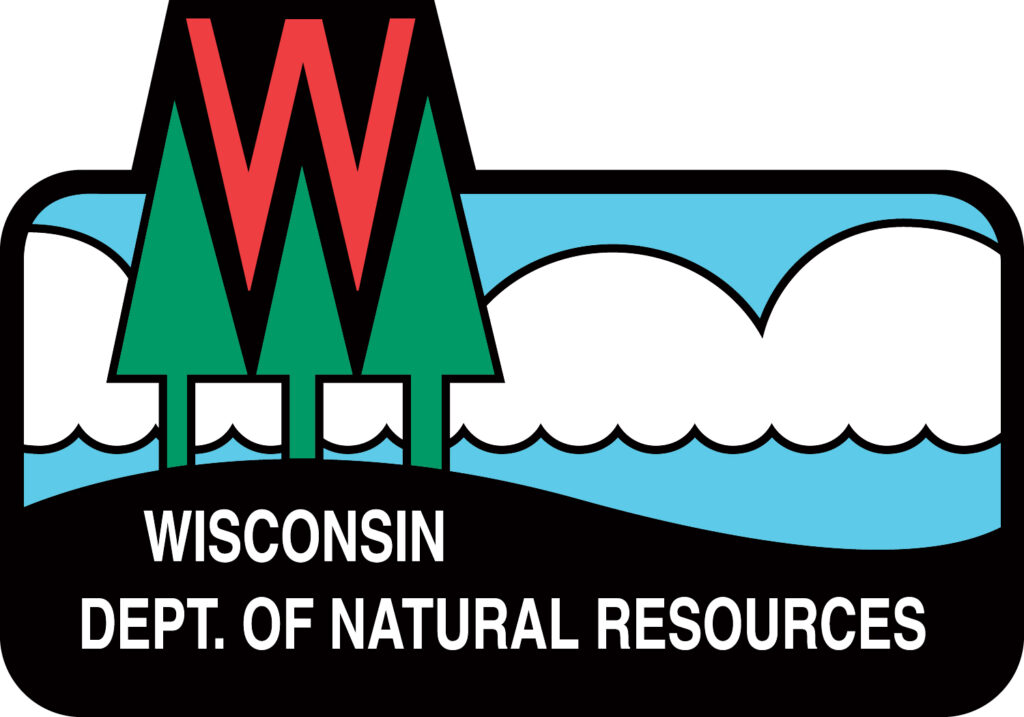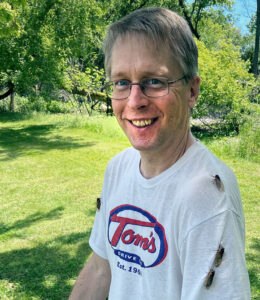By Jenn Janness, DNR Urban Forestry Outreach Specialist
Jennipher.Janness@wisconsin.gov or 715-815-7173
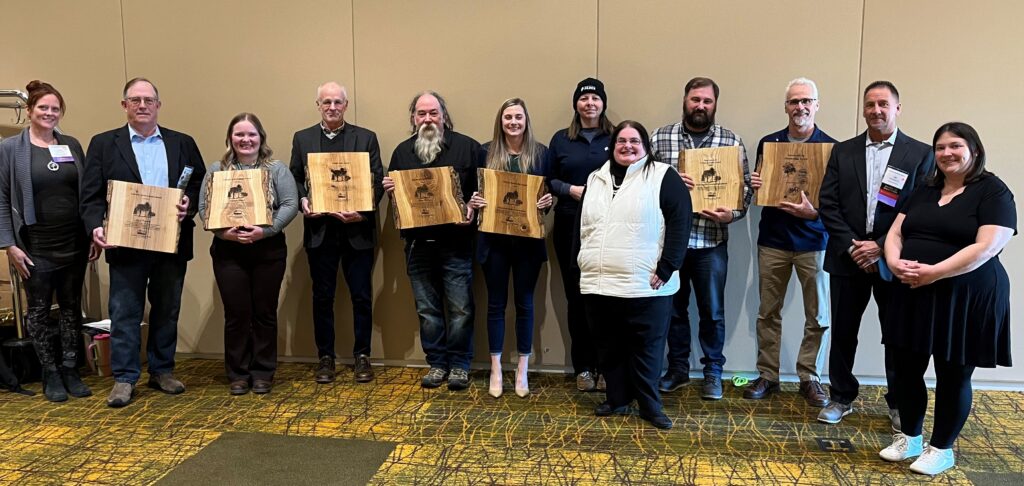
The Wisconsin Urban Forestry Council presents annual awards for furthering urban forestry in the state.
The Wisconsin Urban Forestry Council recently announced its annual awards honoring those dedicated to protecting, preserving and increasing the number of trees that line city streets, fill community parks and beautify neighborhoods throughout the state.
The Wisconsin Urban Forestry Council advises the Wisconsin Department of Natural Resources (DNR) on managing urban and community forest resources.
“Each year, these awards remind me of how special the people are in our industry and the numerous accomplishments they fulfill,” said Lee Fredericks, Wisconsin Urban Forestry Council Award Committee Chair. “Whether they are taking on projects to expand their leadership, involving the next generation of arborists or advancing species diversity in the urban forest canopy, the state as a whole truly benefits.”
This year’s recipients were announced at the 2025 Wisconsin Arborist Association/DNR Urban Forestry Conference in Green Bay. The categories and winners are: Continue reading “Wisconsin Tree Leaders Recognized For Exceptional Community Service” →
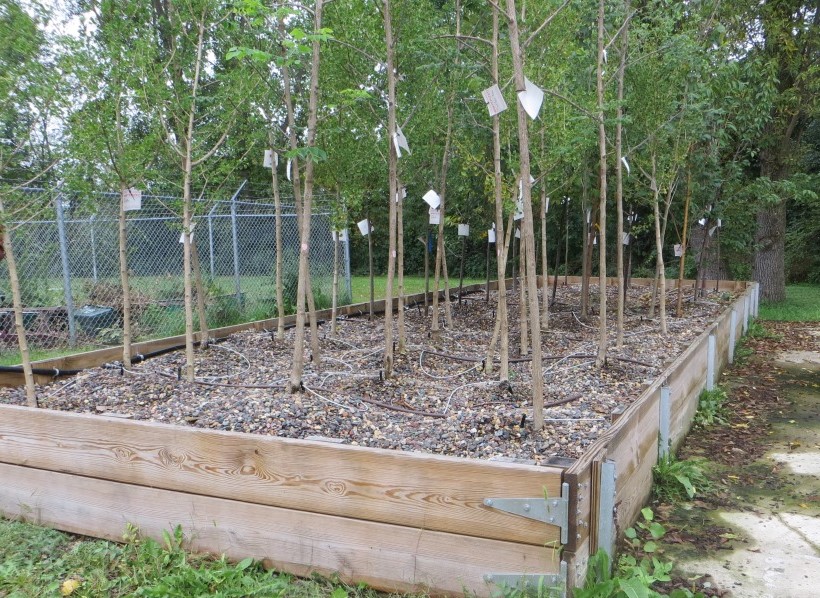 Beginning July 1, 2025, cities, villages, towns, counties, tribes and 501(c)(3) nonprofit organizations in –or conducting their projects in – Wisconsin can apply for a regular or startup 2026 Wisconsin Department of Natural Resources (DNR) Urban Forestry grant. The total 2026 available funding is $559,680, with a possible release of $139,920 of catastrophic storm reserve to fund a second round in March 2027. Continue reading “2026 Urban Forestry Grants Announced”
Beginning July 1, 2025, cities, villages, towns, counties, tribes and 501(c)(3) nonprofit organizations in –or conducting their projects in – Wisconsin can apply for a regular or startup 2026 Wisconsin Department of Natural Resources (DNR) Urban Forestry grant. The total 2026 available funding is $559,680, with a possible release of $139,920 of catastrophic storm reserve to fund a second round in March 2027. Continue reading “2026 Urban Forestry Grants Announced” 
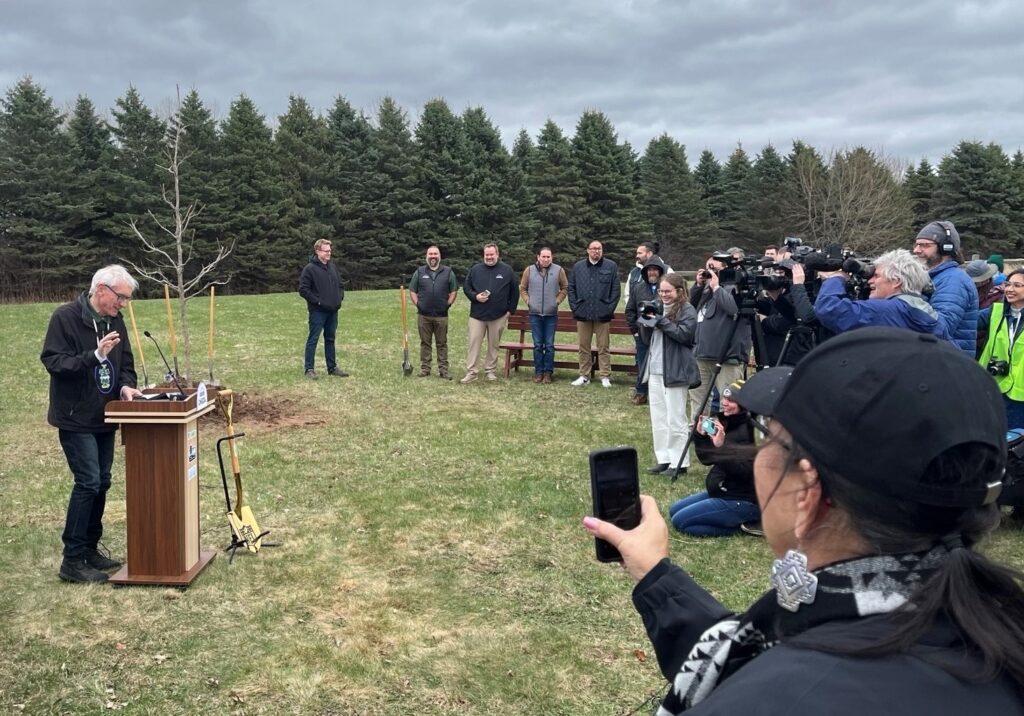
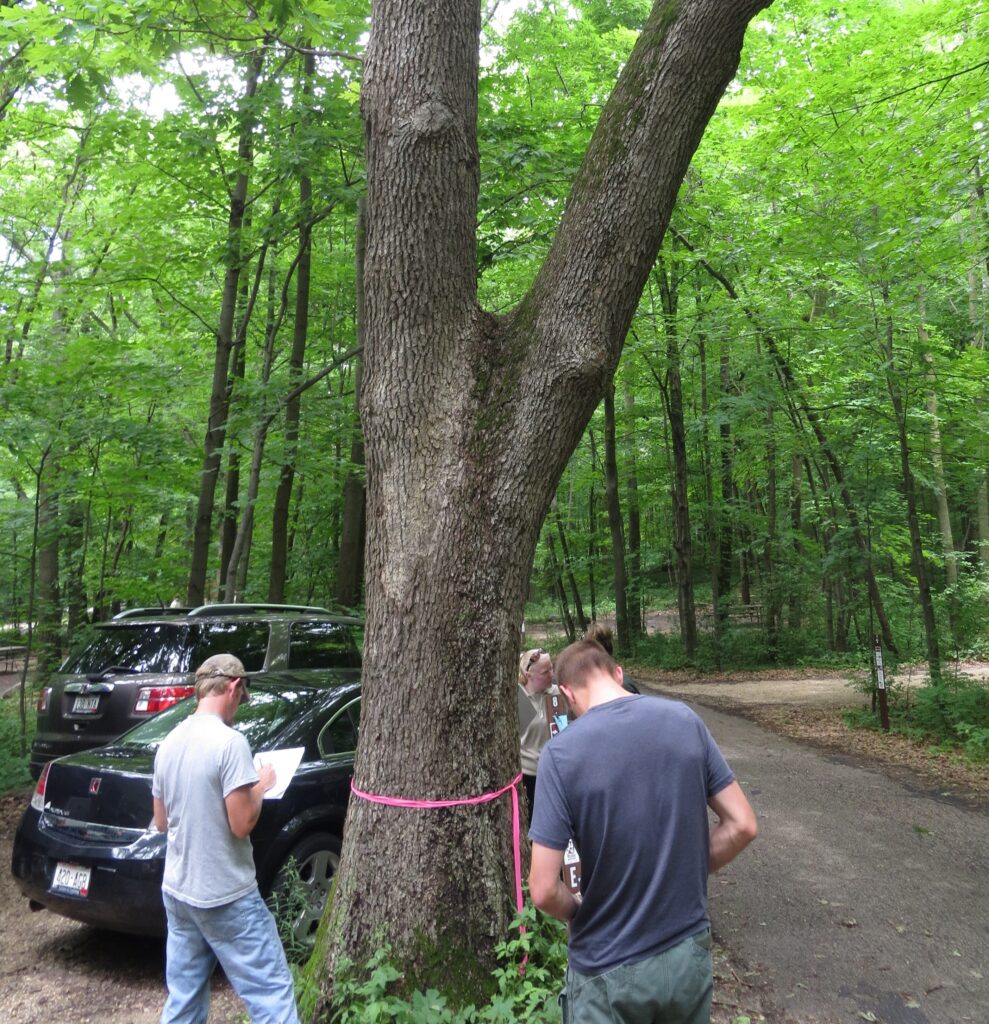 Are you an arborist or urban forester who conducts tree risk assessments?
Are you an arborist or urban forester who conducts tree risk assessments?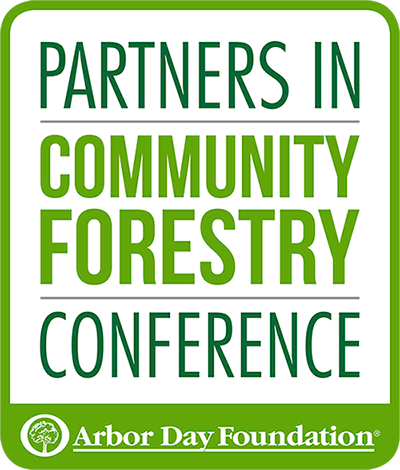 Partners in Community Forestry Conference: Nov. 19-20, 2025
Partners in Community Forestry Conference: Nov. 19-20, 2025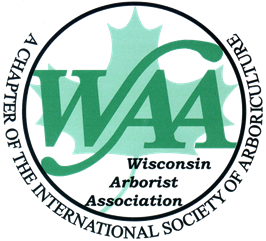 WAA Summer Conference: July 31, 2025
WAA Summer Conference: July 31, 2025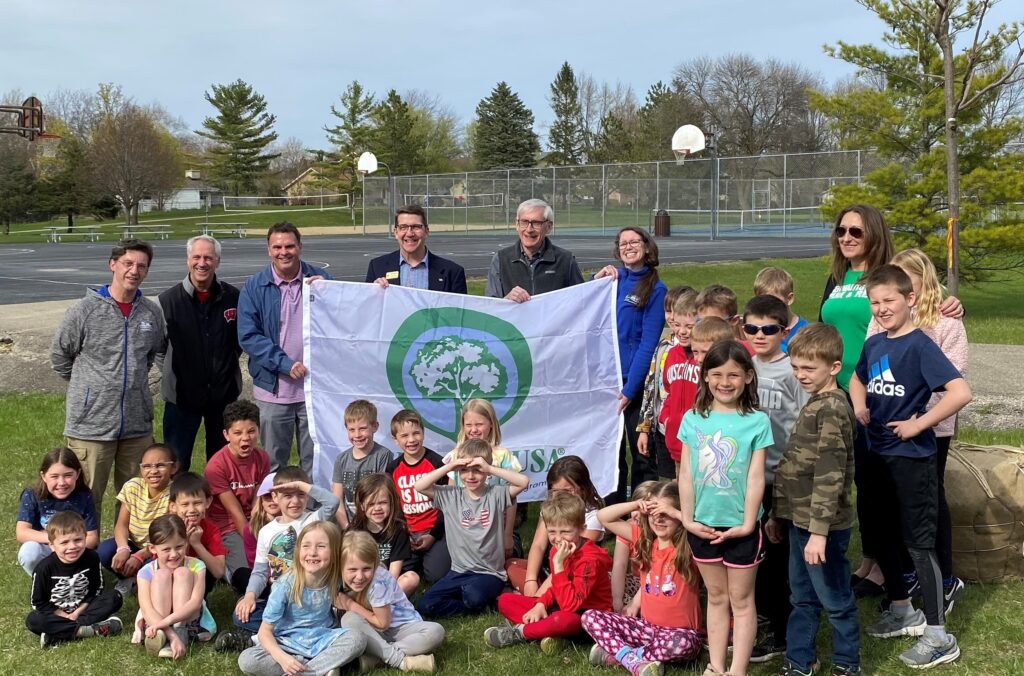 Arbor Day’s roots began in the late 1800s in Nebraska where, according to the Arbor Day Foundation, residents of Nebraska City felt a lack of trees in their community. The secretary of the Nebraska Territory at the time, J. Sterling Morton, proposed a statewide tree-planting holiday, and on April 10, 1872, the first Arbor Day was celebrated.
Arbor Day’s roots began in the late 1800s in Nebraska where, according to the Arbor Day Foundation, residents of Nebraska City felt a lack of trees in their community. The secretary of the Nebraska Territory at the time, J. Sterling Morton, proposed a statewide tree-planting holiday, and on April 10, 1872, the first Arbor Day was celebrated. 
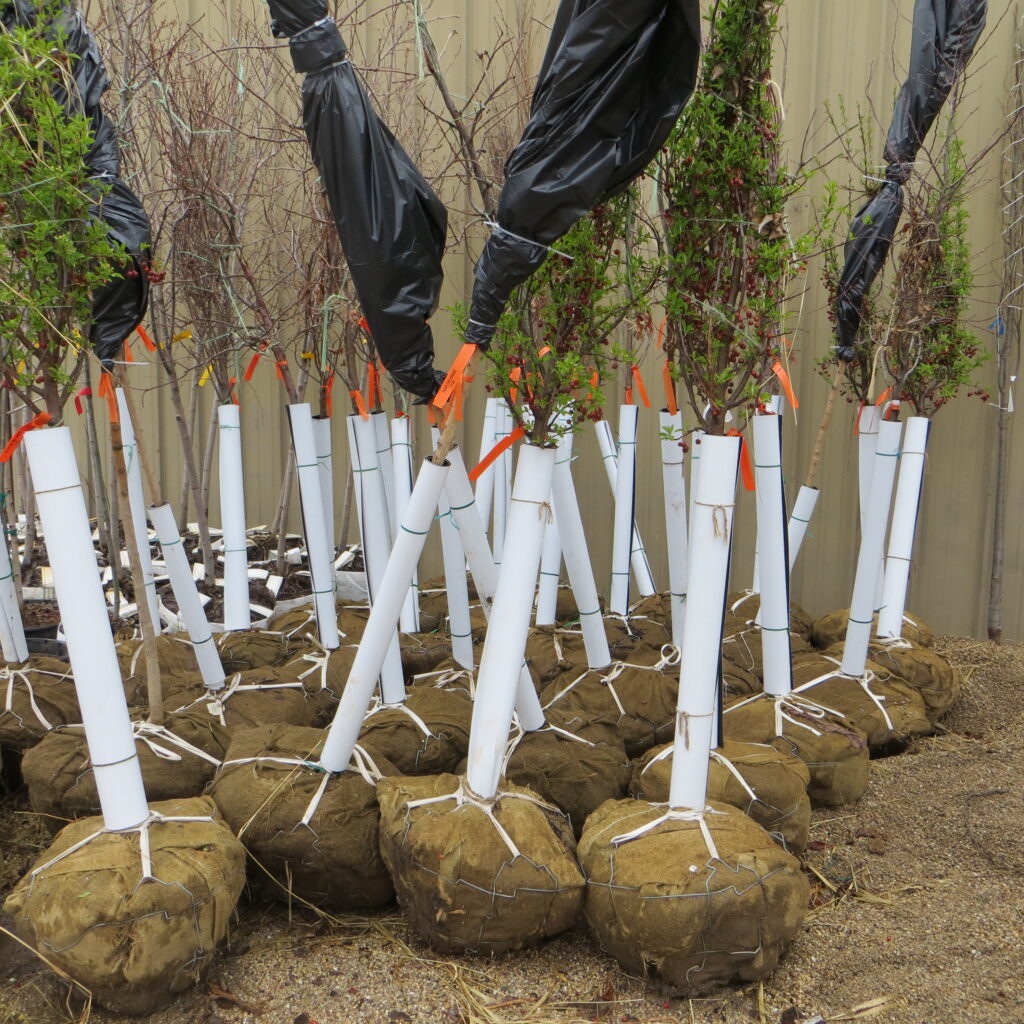 Earth Day, Arbor Day and spring are all quickly approaching, and now is the time to start thinking about your tree plantings! Choosing the proper tree for a specific location will help ensure your tree’s long-term health and survival.
Earth Day, Arbor Day and spring are all quickly approaching, and now is the time to start thinking about your tree plantings! Choosing the proper tree for a specific location will help ensure your tree’s long-term health and survival.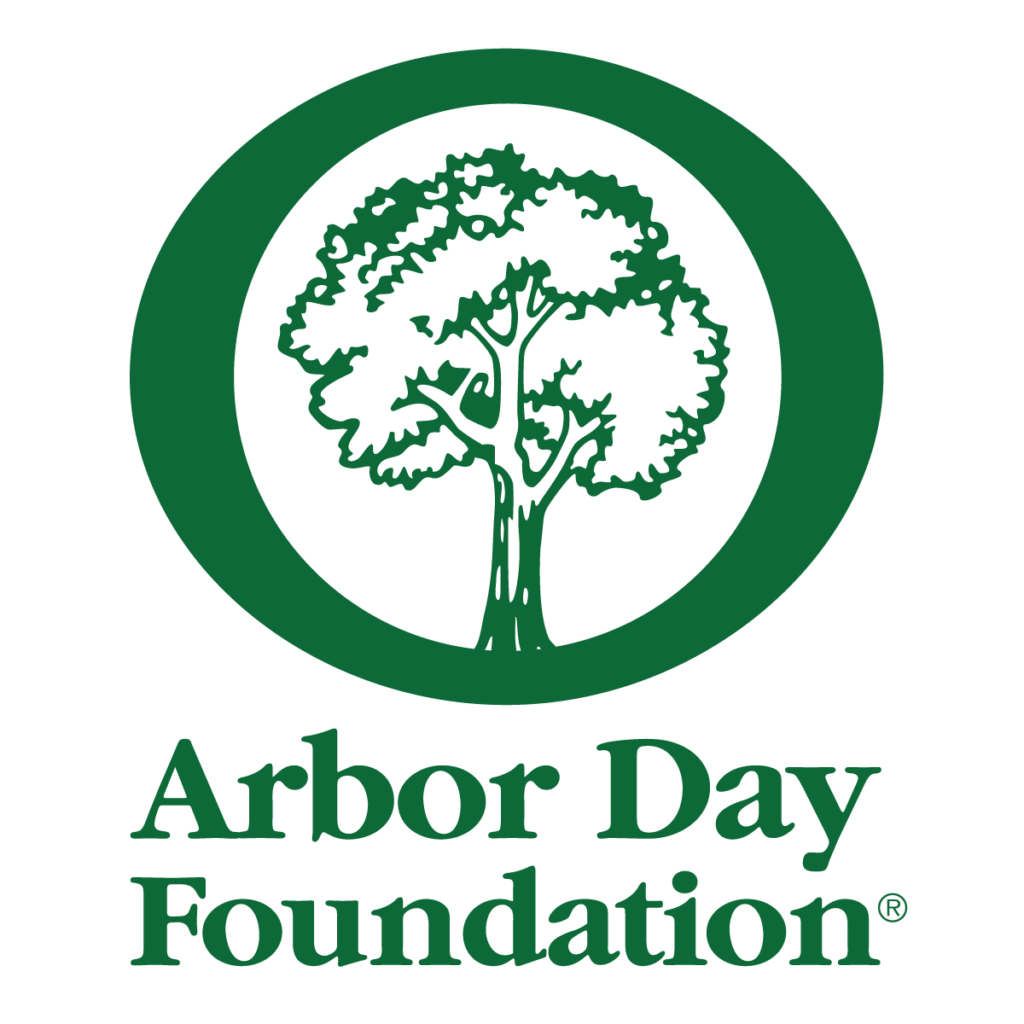 The Arbor Day Foundation is asking for presentation proposals for its annual conference on Nov. 18-19 in Henderson, Nevada. You can play a key role in making the Partners in Community Forestry Conference and Alliance for Community Trees Day even more impactful by sharing your expertise, innovative programs, and the incredible work you’re doing in urban and community forestry with fellow professionals from across the nation.
The Arbor Day Foundation is asking for presentation proposals for its annual conference on Nov. 18-19 in Henderson, Nevada. You can play a key role in making the Partners in Community Forestry Conference and Alliance for Community Trees Day even more impactful by sharing your expertise, innovative programs, and the incredible work you’re doing in urban and community forestry with fellow professionals from across the nation. 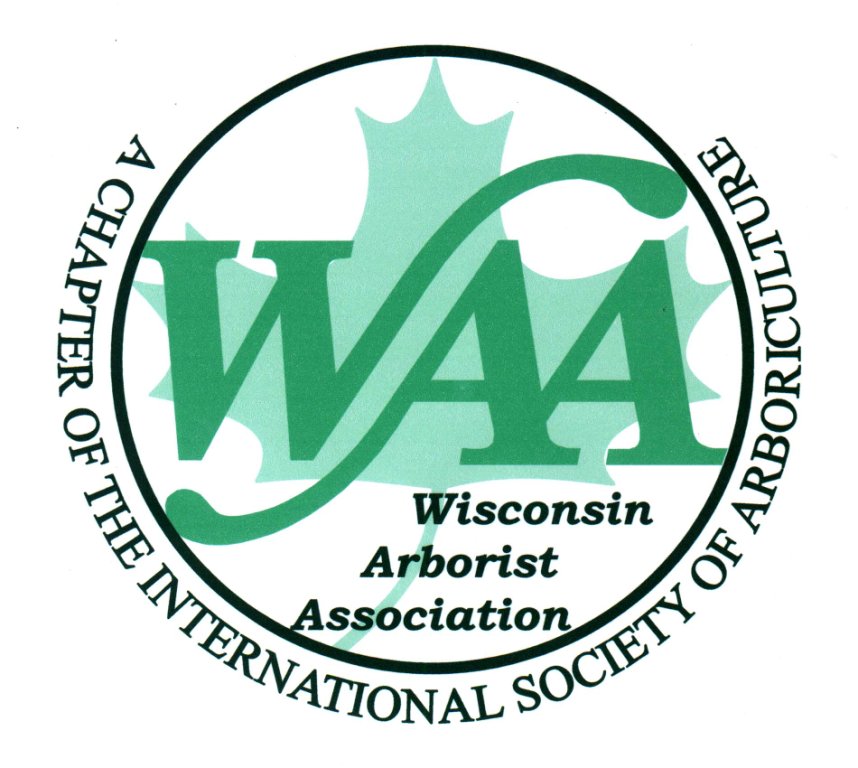 What: 60+ Years of Enhancing the Urban Forests in Wisconsin
What: 60+ Years of Enhancing the Urban Forests in Wisconsin 